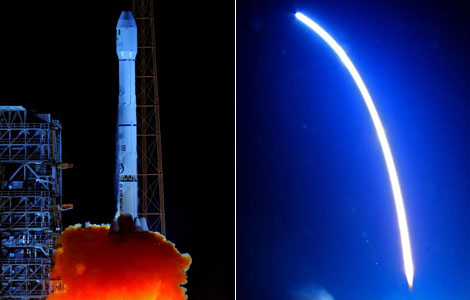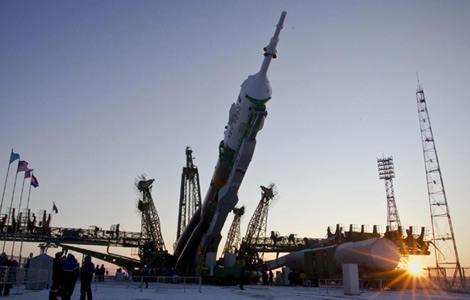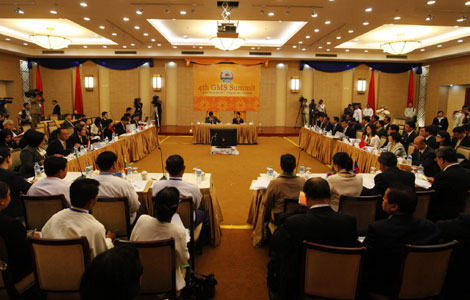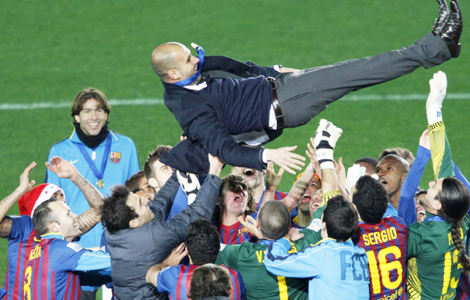|
|||||||||||
BEIJING - Kim Jong-il, general secretary of the Workers' Party of Korea (WPK), chairman of the DPRK National Defense Commission and supreme commander of the Korean People's Army, died at the age of 69 "from a great mental and physical strain" at 8:30 am on Saturday on a train, the official KCNA news agency announced on Monday.
Kim was thought to have suffered a stroke in August 2008, and a statement issued by KCNA following his death said that he "had received medical treatment for his cardiac and cerebrovascular diseases for a long period".
Kim Jong-il took over as DPRK leader after his father, DPRK founder Kim Il-sung, died of a heart attack in 1994.
In September 2010, Kim Jong-il unveiled his third son, Kim Jong-un, who is in his late 20s, as his successor, appointing him to high-ranking posts.
Despite being on the world stage for 17 years, Kim rarely spoke in public or traveled abroad.
On June 13, 2000, he hosted a landmark summit with the Republic of Korea's (ROK) then president Kim Dae-jung in Pyongyang, capital of the DPRK.
Meetings with then US secretary of state Madeleine Albright and Russian president Vladimir Putin soon followed the visit by the ROK leader.
He also made a dramatic appearance in August 2009 when former US president Bill Clinton flew to the DPRK to secure the release of two US journalists, who had been arrested after allegedly illegally entering the country in March.
On Monday, Ma Zhaoxu, China's Foreign Ministry spokesman, praised Kim as a "great leader" who made "important contributions" to relations with China.
Kim had visited China seven times, and was known to be interested in the development of its socialist market economy.
Invited by then Chinese president Jiang Zemin, Kim visited China in 2000 and 2001. After Kim's visits to Beijing and Shanghai, the DPRK began experimenting with economic reforms.
Kim paid his last seven-day visit to China in May this year, renewing hope for the resumption of long-stalled denuclearization talks after the DPRK declared on April 14, 2009, that it would pull out of the Six-Party Talks and that it would resume its nuclear enrichment program in order to boost its nuclear deterrent.
Kim once again spoke of his hope of resuming the Six-Party Talks as soon as possible while meeting Vice-Premier Li Keqiang this October in Pyongyang.
Hot Topics
HIV/AIDS, Egypt protest, Thanksgiving, climate change, global economic recovery, home prices, high-speed railways, school bus safety, Libya situation, Weekly photos
Editor's Picks

|

|

|

|

|

|







